SUMMARY
This is AI generated summarization, which may have errors. For context, always refer to the full article.
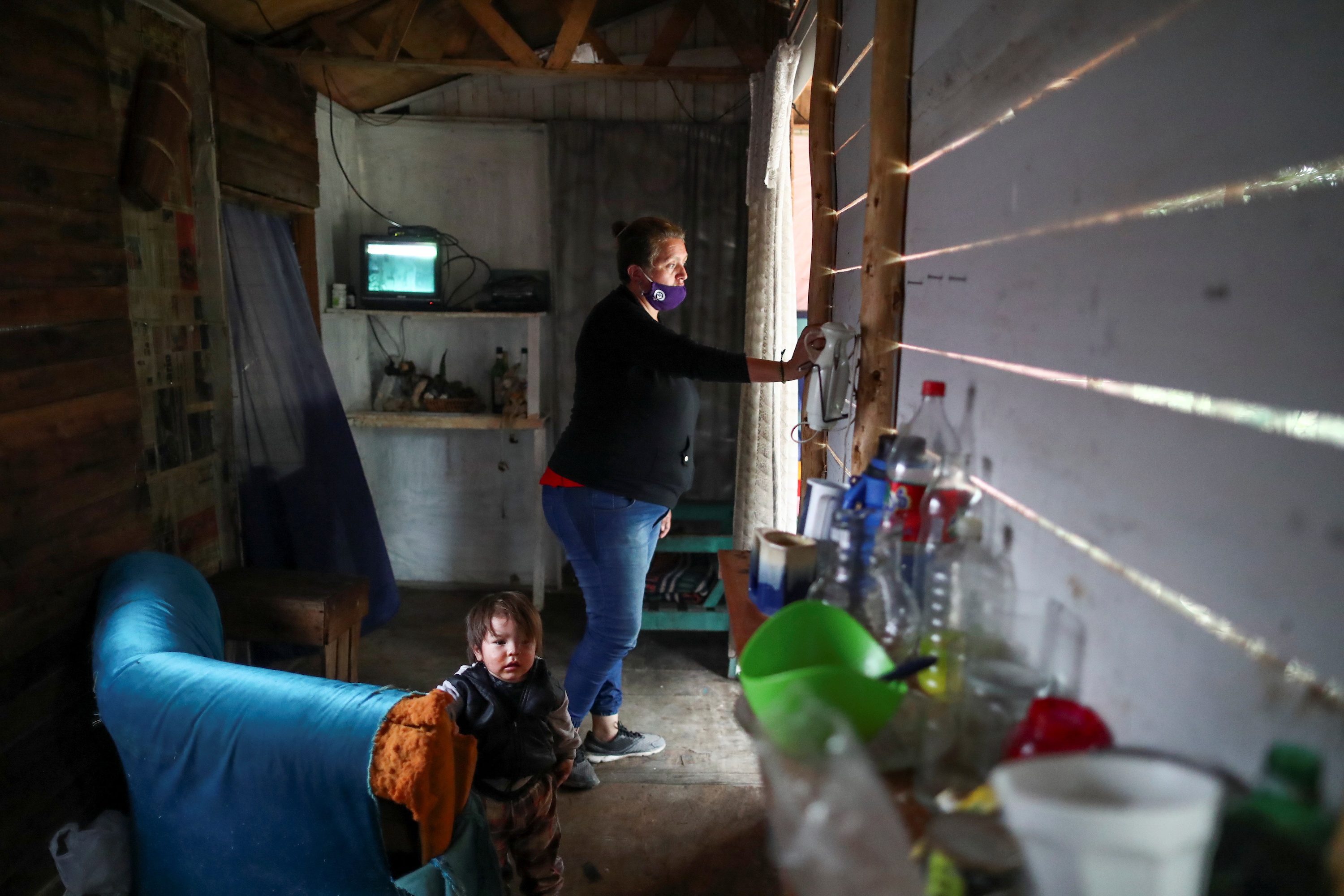
The world economy will fare better this year than previous projections indicated, but a slow rollout of COVID-19 vaccines in many developing countries will hamper their economic recoveries, the United Nations said on Tuesday, May 11.
Global economic growth is expected to reach 5.4% this year, bouncing back from 2020’s contraction of 3.6% and picking up from forecasts issued in January, according to the latest World Economic Situation and Prospects report.
However, the growth outlook in some nations in South Asia, sub-Saharan Africa, and Latin America remains “fragile and uncertain,” due to slow vaccination progress, said the report by the UN Department of Economic and Social Affairs.
“Vaccine inequity between countries and regions is posing a significant risk to an already uneven and fragile global recovery,” said UN Chief Economist Elliott Harris.
“Timely and universal access to COVID-19 vaccinations will mean the difference between ending the pandemic…or losing many more years of growth, development, and opportunities,” he added in a statement.
China and the United States, which have made swift progress on their immunization programs, are forecast to see economic growth of 8.2% and 6.2% respectively this year.
Conversely, Nigeria’s economy is projected to grow by only 1.8% over the same period. The West African country has vaccinated less than 1% of its population, according to a Reuters tally.
The United Nations has long called for vaccines to be made available to all countries and appealed for more money to fund the COVAX vaccine-sharing facility, which aims to buy up to 1.8 billion doses in 2021 to ensure equitable global access.
In a separate report in March, it called on nations to contribute an estimated $20 billion to vaccinate poorer nations this year, and urged richer members to offer developing nations debt relief and investment.
Earlier this month, US President Joe Biden threw his support behind waiving intellectual property rights for COVID-19 vaccines, potentially paving the way for other countries to make their own and dramatically increasing global supplies.
Numerous reports have warned that the pandemic is deepening global inequality.
Nairobi-based charity Oxfam projected in January that the number of people living in poverty around the world has doubled to more than 500 million. – Rappler.com
Add a comment
How does this make you feel?
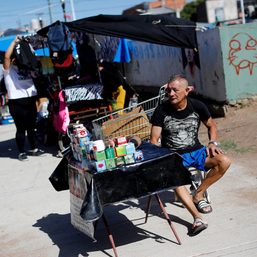
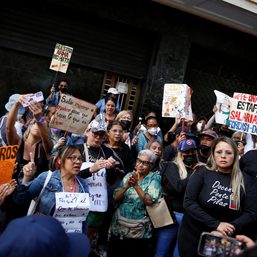
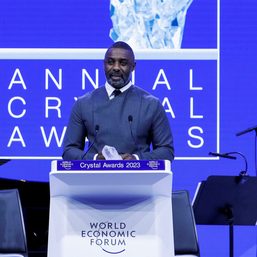
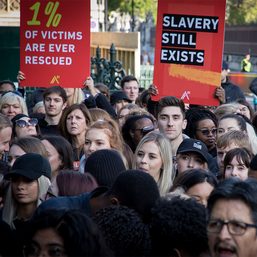
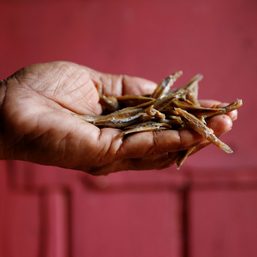
![[OPINION] What’s the right thing to do?](https://www.rappler.com/tachyon/2024/02/imho-whats-the-right-thing-to-do-02242024.jpg?resize=257%2C257&crop=259px%2C0px%2C720px%2C720px)
![[New School] Kagat ng realidad](https://www.rappler.com/tachyon/2024/02/new-school-kagat-ng-realidad-feb-14-2024.jpg?resize=257%2C257&crop=318px%2C0px%2C720px%2C720px)
![[New School] UP DiliMall, dili mall! Hindi nilalako ang edukasyon](https://www.rappler.com/tachyon/2023/11/ns-dilimall.jpg?resize=257%2C257&crop=307px%2C0px%2C720px%2C720px)
![[OPINION] A win for the breadwinner](https://www.rappler.com/tachyon/2023/08/iSpeak-win-breadwinner-August-1-2023.jpeg?resize=257%2C257&crop_strategy=attention)

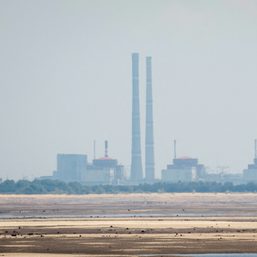
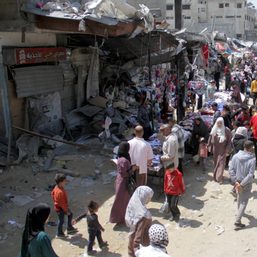
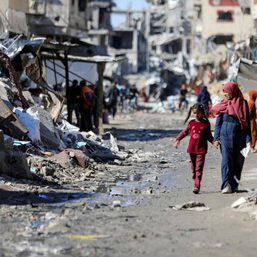
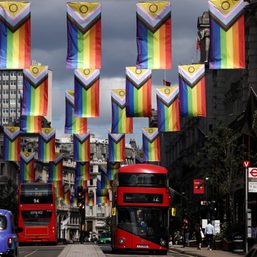
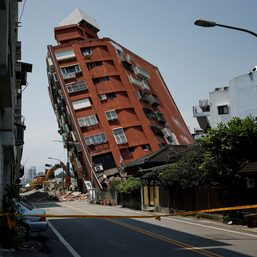
There are no comments yet. Add your comment to start the conversation.